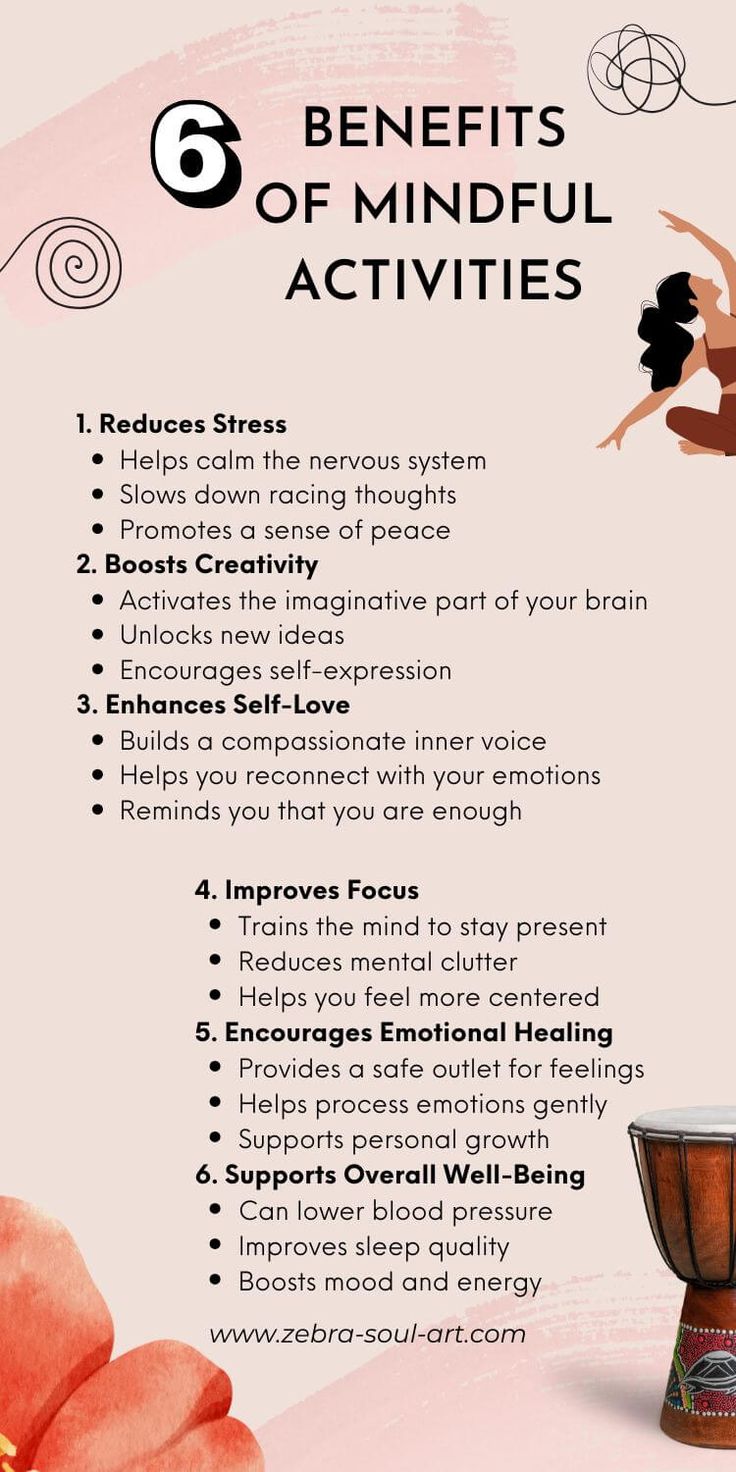The art of mindfulness offers profound benefits for mental and emotional well-being. Mindfulness encourages individuals to focus on the present moment. By doing so, people can reduce stress and enhance their overall quality of life. This approach has gained popularity across various settings, from workplaces to schools.
First, practicing mindfulness can significantly alleviate stress. For example, individuals who engage in daily meditation often report feeling more centered and less anxious. A study found that participants who practiced mindfulness for just a few weeks experienced a notable decrease in stress levels. This practice empowers people to respond to challenges rather than react impulsively.
Additionally, mindfulness can enhance productivity. In a fast-paced work environment, taking short mindfulness breaks can recharge the mind. For instance, tech companies often encourage employees to take five-minute breaks for deep breathing exercises. These moments of focus help improve concentration and creativity when they return to their tasks.

Moreover, mindfulness improves interpersonal relationships. When individuals practice active listening and empathy, communication strengthens. Consider a scenario where a manager practices mindfulness during employee meetings. By being fully present, they can understand team members’ concerns better, fostering a supportive environment.
Incorporating mindfulness into daily routines is relatively simple. Techniques like mindful walking or journaling encourage people to connect with their surroundings and emotions. For example, taking a few minutes each morning to enjoy a cup of tea mindfully can set a positive tone for the day.
The art of mindfulness offers transformative benefits for both personal and professional growth. By embracing mindfulness practices, individuals can cultivate a more enriched and fulfilling life. As awareness of its benefits continues to spread, the world can become a more empathetic and focused place.


